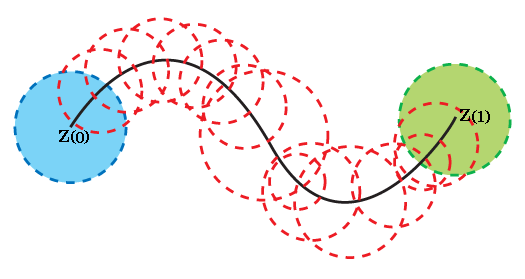You probably pride yourself in checking all the facts, seeing the logical inconsistencies, quickly assessing the pros and cons of the argument, drawing out the similarities and differences in the proposal so …how can being analytical possibly be a hindrance?
I recall attending an offsite with my fellow senior executives, when a colleague from the back office complained, “you are just so analytical!” I was taken aback. It was hurled at me as an insult, but surely I reasoned, as a financial analyst being analytical was an asset?
Those of you who rely more on your intuition or emotions probably see the first glaring error of my (old) ways. I had not established bonding and rapport with my colleague. He dismissed me as aloof and superior. I simply had not seen the possibility of other interpretations. It was so clear to me what was the correct answer. That clarity meant that I didn’t entertain other options or engage in what for me were “irrational” responses. In so doing I inhibited the support and collaboration of my colleague. Also my narrow vision stifled conversations about more creative solutions or different ways of doing things.
Since those days I have enthusiastically participated in several different courses, read widely, practised different techniques and have become a much better observer of myself and others.
I’d love to hear your examples of when being analytical was a hindrance or how you have adapted your communication with others.
I invite you to leave a reply below or give me a call to discuss on UK +44 (0) 20 7226 3611 or + 44 (0) 7952 068133.
Image source: By ja:user:132人目 (ja:user:132人目’s file.) [GFDL (http://www.gnu.org/copyleft/fdl.html) or CC-BY-SA-3.0 (http://creativecommons.org/licenses/by-sa/3.0/)], via Wikimedia Commons


Join the discussion 3 Comments